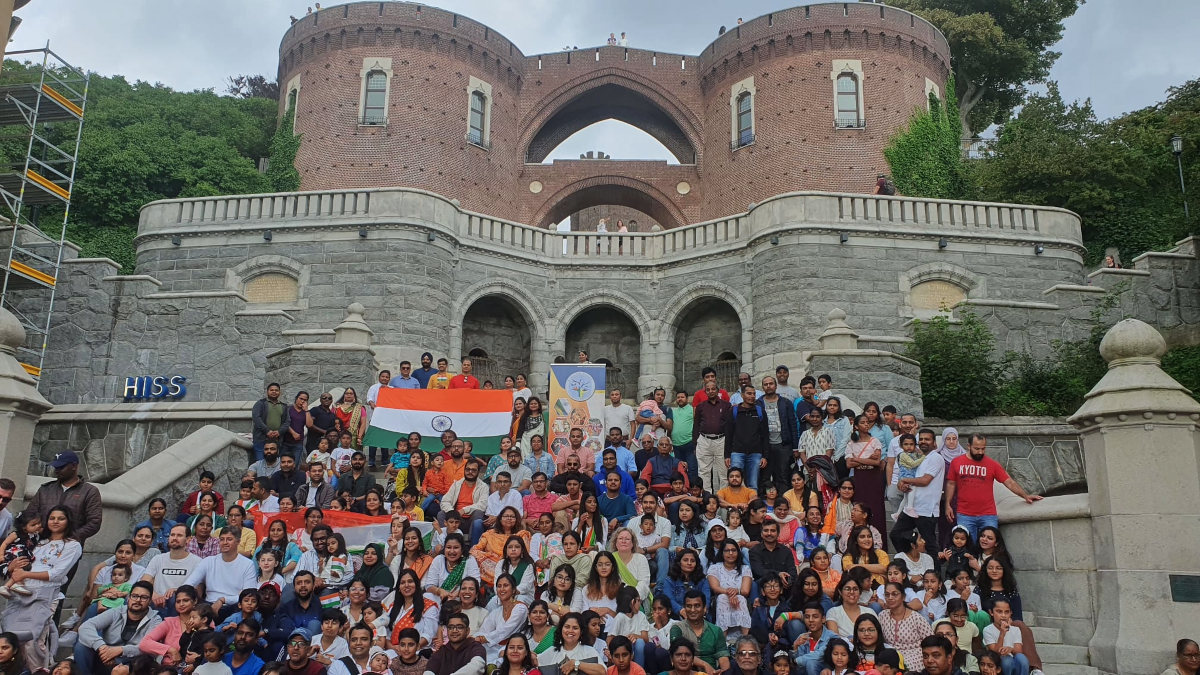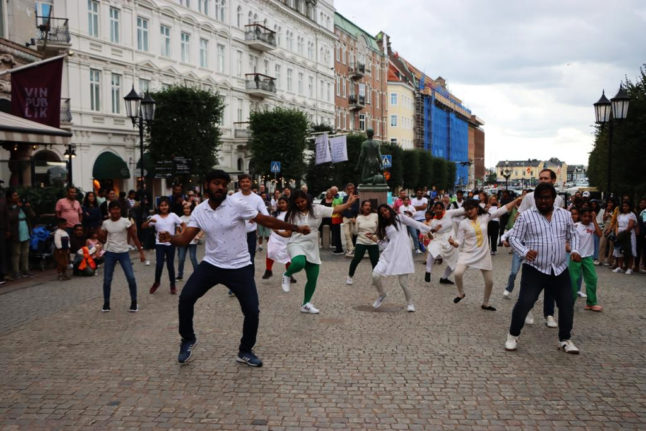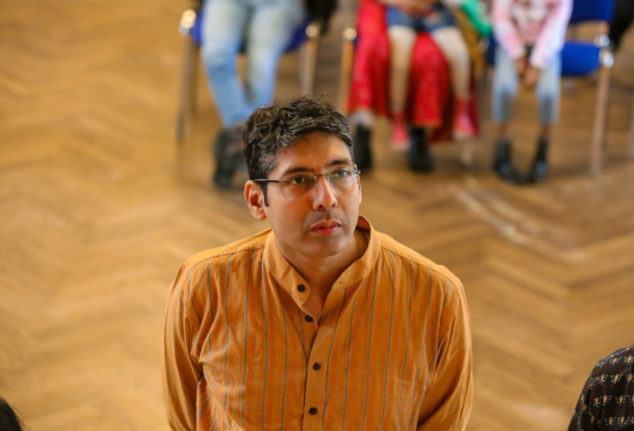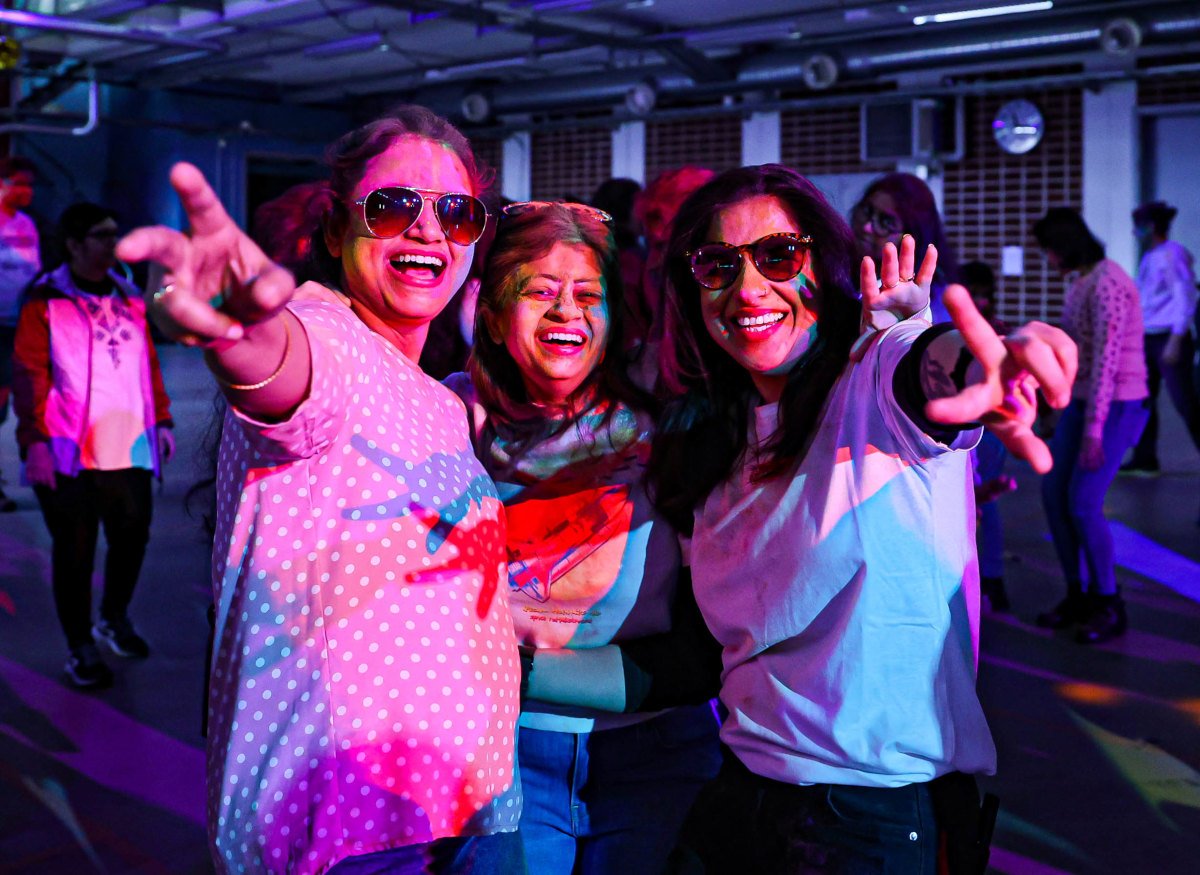Hej,
Indians in Sweden, like Indians across the globe, recently celebrated the Indian Independence Day.
It’s been debated whether it was the 76th or the 77th Independence Day.
On August 15th, 1947, 200 years of British colonial rule of India ended. India became an independent nation. The first anniversary, though, was celebrated on August 15th, 1948.
So while in 2023 India celebrates its 77th Independence Day, it is the 76th anniversary.
Three themes emerged this Independence Day.
One, a clear categorical recognition both by Indian and Swedish officials of the comprehensive value added to Swedish society by the Indian diaspora in Sweden.
Two, Sweden-India relations are solid, stable and thriving across the spectrum.
Three, a clear Swedish awareness of India’s growing role and relevance in the international geopolitical arena.
In the past, India has been stereotyped and narrowly defined in the Swedish social space. But every passing year challenges these stereotypes, modernises the image of India in Sweden, and sees collaboration become more visible and viable.
“Innovative Swedish companies are leading the way in the transformation to a sustainable society. India is not only a country with cost-efficient production, but also climbing in the Global Innovation Index,” Malin Petersen, Country Manager India, Vinnova, Sweden’s Innovation Agency, told me for this newsletter.
“India is a strategic innovation partner for Sweden. Indian tech competence is a good match with innovative Swedish companies. Together we can accelerate the transformation to a sustainable society in Sweden and India as well as on a global scale,” she said.
This redefining of relations is a collective effort of the authorities, business community and society. With India landing on the moon, its growing prowess and presence from space to soil, the benefits of India-Sweden partnerships will not only be shared bilaterally but globally.
“The Indian lunar landing on August 23rd is a token to the new India,” said Robin Sukhia, Secretary-General and President of the Sweden-India Business Council. “Strengthened by industry and bilateral collaborations between Sweden and India, we can expect substantial shifts in the country’s ambitions, whether it’s through space, climate or in digital solutions for the people.”
Best wishes,
Manu
The Local would like to thank Manu Uniyal for contributing to this month’s newsletter. Manu is a consultant and writer based in Sweden, working in the areas of India-Nordic geo-politics and economics, innovation and startups.
Here’s what The Local has been writing about for Indians in Sweden:
Flash mob dance celebrates India in Helsingborg
Sambandh, an Indian organisation in the southern Swedish city of Helsingborg, has been celebrating Independence Day for the past four years. This year, like other years, hundreds of spectators gathered in the central square of the city to watch a range of performances.
“We did a flash dance depicting many moods of the country,” the team at Sambandh writes in an email to The Local, explaining that the dance started off with this year’s Oscar winner, Naatu Naatu, followed by a diverse range of songs and ending with the national anthem of India.
The event was meant to showcase “the colourful sides of India and how easily they can be part of one big picture, keeping their own identity”, they write. “Finally we had our future represented by children and (…) people from four corners of the country holding the national flag proudly. This concluded our idea of the biggest democracy that we are part of, inclusive yet diverse.”
Here’s a picture from the event – thanks to Sambandh for sharing your event!

Where do Indians live in Sweden?
More than 2,200 Indians are based in Helsingborg, making it the fourth most popular municipality among Indians in Sweden. Here’s a look at the top Swedish cities for Indians.
What’s the best way to bring an ageing parent to Sweden?
This is a common question we get from readers – and, as I’m sure many of you know, the answer is: it’s tricky! You can bring your child to Sweden and you can bring your partner to Sweden, but there is unfortunately not an equivalent visa for the parents of an adult child.
So it puts many people living and working in Sweden, who have one or more parents living back in India, in a difficult spot. If you’re in this situation and would like to share your story with The Local, please feel free to email our editor [email protected].
In the meantime, here’s a guide we wrote that explains the rules as they stand.
How safe is Sweden compared to similar countries?
Sweden’s terror threat level was raised in August from a level 3 (“elevated threat”) to a level four (“high threat”) on a five-point scale. This has left people both in Sweden and abroad asking whether it is a safe country. We looked into how Sweden compares to other similar countries.
This newsletter for Indians in Sweden is available to paying members of The Local. To receive it in your inbox every month, update your newsletter settings here.
Would you like to guest edit a future edition of The Local’s Indians in Sweden newsletter? Get in touch with The Local’s editor at [email protected].





 Please whitelist us to continue reading.
Please whitelist us to continue reading.
Member comments